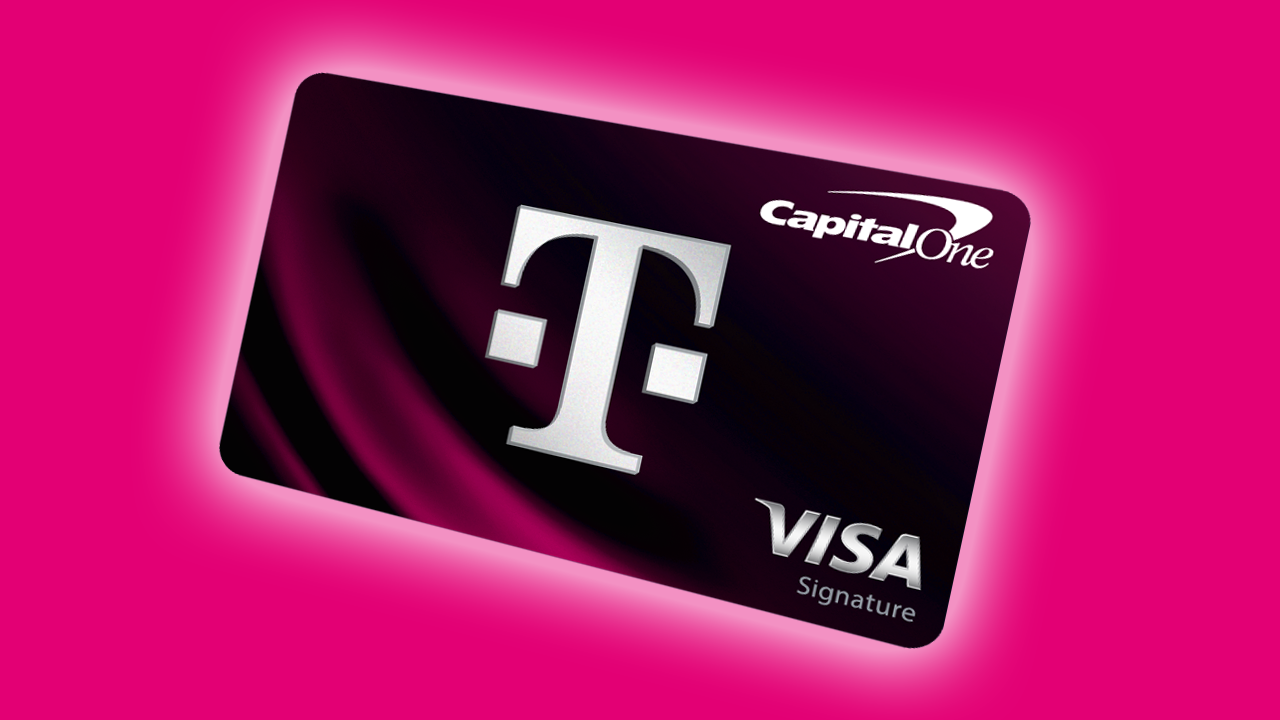At Union Bank, we think making investing accessible to everyone, regardless of your background or experience. That’s why we’re excited to launch our next generation investment management app! This easy-to-use app makes managing your investments simple, approachable and enjoyable. In fact, you can start investing with as little as 10 dollars and it only takes about 4 minutes to get set up, right from your phone, tablet, laptop or PC. This exciting new tool is available to all Union Bank customers who are enrolled in online or mobile banking with checking or savings accounts.
Investing is more than just crunching numbers; it’s a way to reach your financial goals, secure your future, and make your hard-earned money work for you. We know that the world of investing can be intimidating, filled with confusing terms and complicated ideas, especially if you’re new to it. Whether you’re curious about stocks, bonds, or other ways to invest, we’ll break down the complex language into words that make sense to you. You’ll see that investing isn’t just for financial experts on Wall Street; it’s for regular people like you, who want to grow their savings and fulfill their dreams.
Types of Investments
Asset
An asset is something valuable that you own, like money in the bank, a house, or stocks. It can make you money or be sold if you need cash.
Asset Allocation
Asset allocation is like planning a meal. You don’t want only one type of food; you want a mix. In investing, it means spreading your money across different types of assets like stocks, bonds, and real estate to balance risk and reward.
Bond
A bond is like lending money to a friend, but in this case, it’s to a company or government. They promise to pay you back with interest after a certain amount of time.
Dollar Cost Averaging
This is a way to invest by buying a fixed dollar amount of something like stocks regularly, no matter if prices are high or low. It’s like buying groceries on sale sometimes and full price other times, but always spending the same amount.
Exchange-Traded Fund (ETF)
An ETF is a basket of different stocks or bonds that you can buy and sell like a single stock. It’s like buying a fruit basket instead of individual fruits, giving you a variety.
Growth Stocks
Growth stocks are shares in companies that are expected to grow quickly. It’s like betting on a young athlete who might become a star.
Index Fund
An index fund is like an ETF, but it tries to match a specific group of stocks or bonds, like the top 500 companies. It’s like copying a successful recipe.
Mutual Fund
A mutual fund is a pool of money from many people, managed by professionals. It’s like a potluck dinner where everyone brings a dish, and everyone gets to eat.
Portfolio
Your portfolio is everything you’ve invested in, like all the different assets you own. Think of it as your financial garden with various plants.
Real Estate Investment Trusts
This is a way to invest in real estate like malls or apartments without having to buy the whole building. It’s like owning a small part of a big property.
Return
Return is the money you make or lose on an investment. If you buy an item for $10 and sell it for $15, your return is $5.
Security
A security is a fancy name for any investment like stocks, bonds, or mutual funds.
Stock
Stock is a piece of a company that you can buy.
-
- Common Stock: This is like being a regular member of a club. You get a say in big decisions, but if the club closes, others get paid before you.
- Preferred Stock: This is like a VIP membership. You might get paid before regular members, but you don’t get as much say in decisions.
Share
A share is just one piece of stock in a company. If a company is a pie, a share is a slice.
General Investing Terms
Averaging Down
If you buy a stock and its price goes down, averaging down means buying more at the lower price. It’s like getting more of your favorite snack when it’s on sale to lower the average price you paid.
Bear Market
A bear market is when stock prices are falling, and people are worried they’ll keep falling. Imagine a bear swiping down with its paw; that’s what the market is doing.
Bull Market
A bull market is the opposite of a bear market. It’s when stock prices are going up, and people are optimistic. Think of a bull charging forward; that’s what the market is doing.
Capital Gain
Capital gain is the profit you make when you sell an investment for more than you paid for it. If you buy a bike for $100 and sell it for $150, your capital gain is $50.
Compound Interest
Compound interest is like a snowball rolling down a hill, getting bigger as it goes. You earn interest on the money you save, and then you earn interest on that interest, so it grows faster.
Diversification
Diversification is like eating different kinds of food to stay healthy. In investing, it means spreading your money across different types of investments so that if one does poorly, the others might do well.
Dividend
A dividend is a part of a company’s profits paid to shareholders. If you own stock in a company that makes money, you might get a small piece of that money as a dividend.
IPO (Initial Public Offering)
An IPO is when a company sells its stock to the public for the first time. It’s like a grand opening sale for a new store.
Large-Cap Stocks
Large-cap stocks are shares in big, well-known companies. “Cap” stands for capitalization, which is the total value of the company’s stock. Think of them as the big fish in the pond.
Liquidity
Liquidity is how easily you can turn an investment into cash. If you can sell it quickly without losing much value, it’s liquid. It’s like having a liquid drink instead of a frozen one; it’s easier to handle.
Market Capitalization
Market capitalization is the total value of all a company’s stock. It’s like the price tag for the whole company.
Market Indexes
Market indexes are like a thermometer for the stock market. They track how certain groups of stocks are doing and help people understand the market’s overall health.
Risk Tolerance
Risk tolerance is how comfortable you are with the chance of losing money on an investment. It’s like choosing a ride at the fair; some people like wild rides, and others prefer something gentler.
Small-Cap Stocks
Small-cap stocks are shares in smaller companies. They might grow quickly but can be riskier. Think of them as the small, fast fish in the pond.
Volatility
Volatility is how much the price of an investment goes up and down. If it changes a lot, it’s highly volatile. ‘If the investment has historically been very steady it has low volatility.
Retirement Products
401(k)
A 401(k) is like a piggy bank at work where you can save money for when you retire. Your employer might even put some money in there too. The money is saved before taxes, so it can grow without being taxed until you take it out.
Certificate of Deposit (CD)
A Certificate of Deposit is like putting your money in a locked box at the bank for a set time, like 6 months or 5 years. You can’t touch it until the time is up without paying a penalty, but the bank will pay you more interest than a regular savings account.
High Yield Savings Account
A High Yield Savings Account is a savings account that pays you more interest than a regular one. It’s like planting a seed in a special soil that helps it grow faster.
Individual Retirement Arrangement (IRA)
An Individual Retirement Arrangement, or IRA, is a special account where you can save money for retirement. The money can grow without being taxed, or you can pay taxes now and not later, depending on the type of IRA.
Robo-Advisor
Also known as “automated investing services,” Robo-advisors use computer algorithms and software to build and manage your investment portfolio. Robo-advisors are low-fee alternatives to financial advisors.
Rollover IRA:
A Rollover IRA is like moving your retirement savings from one piggy bank to another, usually when you change jobs. It lets you keep all the tax benefits without having to start over.
Roth IRA:
A Roth IRA is a special type of retirement account where you pay taxes on the money you put in, but not when you take it out. It’s like paying the entrance fee to a park, and then you can enjoy all the rides for free.
Take Control of your Future with Union Bank’s New Mobile Investment App
Your financial journey is just a few clicks away with our new investment management tool available to individuals with a Union Bank checking or savings account customers who are enrolled in online or mobile banking. Open the Union Bank app and you will see an investment tile next to your other accounts. Follow the prompts to enroll. It’s that easy!
At Union Bank, we’re committed to helping you grow your savings and achieve your financial dreams. Together, we can turn the complex world of investing into an opportunity that’s accessible and rewarding for everyone in our Vermont and New Hampshire communities. The Union Bank mobile app provides an investment tool for the masses! Click here to learn more about our exciting new digital investment app.
Please be advised that certain investment products, including but not limited to IRAs and 401(k)s, are not insured by the FDIC and carry the risk of potential loss of value. Before investing, always ensure you understand the associated risks and consult with a financial professional if needed.
Publisher: Source link











